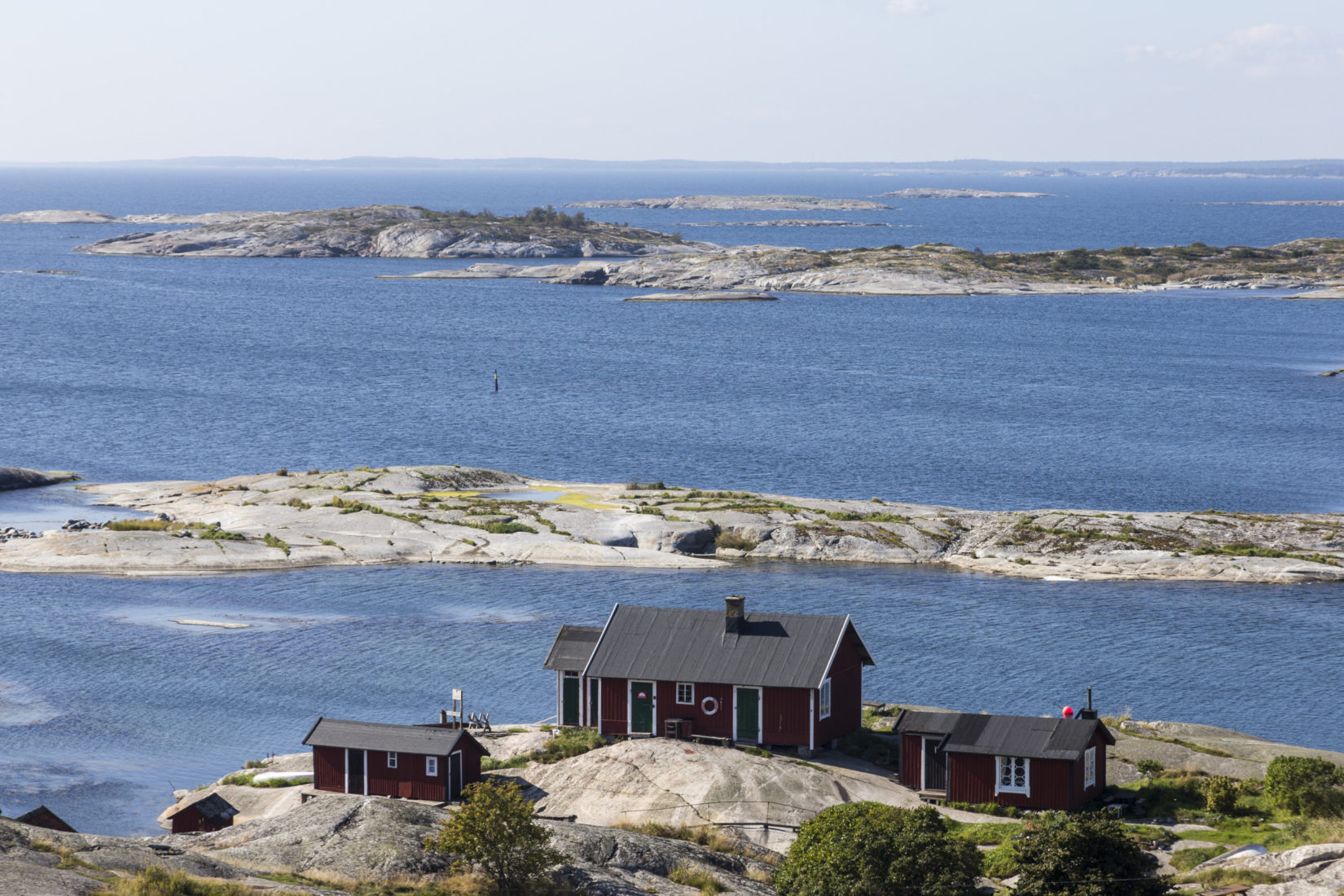Carbon dioxide emissions cause not only climate change, but also ocean acidification. Corals, salmon, shrimp and shellfish, as well as the entire ecosystem, are at risk.
– Ocean acidification has sometimes been called the “equally evil twin of climate change”. Still, the awareness of ocean acidification is not as big as the awareness of, for example, the increase in temperature in the oceans, says Marko Reinikainen, project manager at AirClim.
The BALSAM project, which is run by organizations in five countries in the Baltic Sea region, wants to increase awareness of the consequences of ocean acidification. Therefore, the Ocean Acidification Action Week campaign is launched May 3-9, 2021.
– The purpose is to increase knowledge and awareness of ocean acidification among the environmental movement, other interest groups and the public. We also want the message to reach decision-makers and intergovernmental bodies, and for the campaign to strengthen the contacts between civil society and researchers.
The initiative takes place mainly online, with material on sea acidification in various languages to reach out in Poland, Ukraine and Russia, among other countries.
– We urge all organizations and others who work with marine issues to contribute to drawing attention to ocean acidification, says Marko Reinikainen.
The campaign has a special focus on fishermen and artists.
– We want to reach out to other target groups who in various ways may share the environmental movement’s concerns. Fishermen are financially dependent on prosperous oceans, and often they have a passion for the sea. As far as artists are concerned, the sea has always been a source of inspiration. Essentially, we want to broaden the commitment so that it also extends to target groups outside the environmental movement.
With the campaign, the BALSAM project which has been going on for almost two years will end. Marko Reinikainen thinks the regional cooperation has been rewarding.
– Ocean acidification, like so many other environmental problems, knows no national borders. The protection of the marine environment is regulated by international agreements. The regional aspect is also important because the Baltic Sea and the Black Sea are very special seas, and the challenges of ocean acidification also differ from, for example, the conditions in the world’s oceans.
According to Marko Reinikainen, BALSAM has resulted in a commitment from many countries, and also outside the environmental movement, not least from researchers.
– It has been a positive experience that the academic world has stood up. A new dynamic has also emerged in different countries. Not least in Ukraine and Russia, new ties have been established between the environmental movement, researchers and to some extent also authorities. Such networks will survive after the project, and provide an opportunity to further develop the work.
– We have learned a lot about the characteristics of the Baltic Sea and the Black Sea in terms of ocean acidification. We have created new contacts within the network we have developed, and a good collaboration between researchers and the environmental movement, Marko Reinikainen concludes.
Facts
The project BALSAM was funded by the Swedish Institute through the funding scheme Seed funding for cooperation projects in the Baltic Sea region. The funding scheme has been replaced by the SI Baltic Sea Neighbourhood Programme.
The SI Baltic Sea Neighbourhood Programme is a programme that funds projects in which Swedish organisations work on cross-border challenges and opportunities together with organisations from the EU countries around the Baltic Sea and countries of the EU’s Eastern Partnership.
There are two different types of grants to apply for within the framework of the SI Baltic Sea Neighbourhood Programme: seed funding and cooperation projects. The next call for seed funding will take place in summer 2023.
